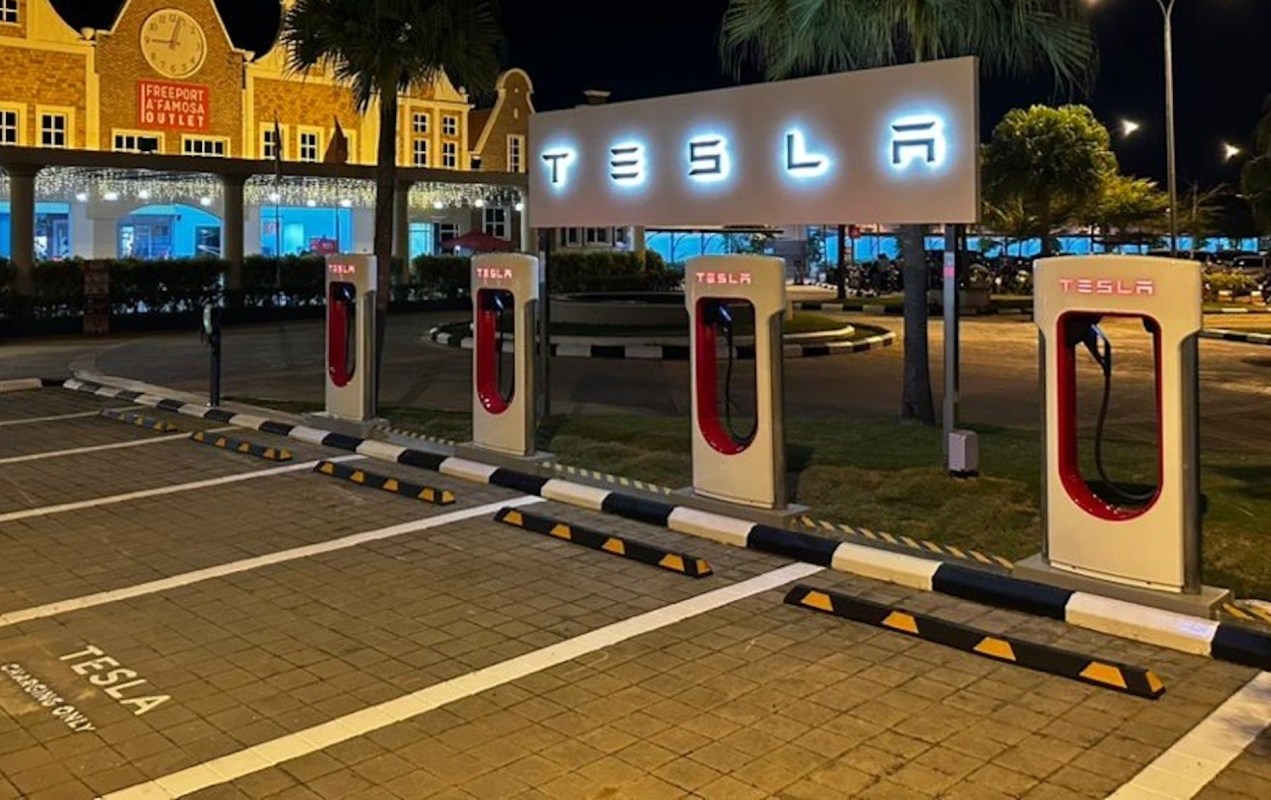In September, Tesla announced it had delivered 50,000 Superchargers worldwide, bringing greater access to rapid refueling for its electric vehicle customers.
The company is showing no signs of slowing down, as January heralded the arrival of the 55,000th fast-charging point.
55k Superchargers around the world — and counting pic.twitter.com/tQQCff2b9b
— Tesla Charging (@TeslaCharging) January 4, 2024
That's 5,000 chargers installed in about three months, suggesting Tesla can hit the 60,000 mark by April.
It's great news for Tesla drivers, whose range anxiety will be significantly reduced with increased charging infrastructure available. But it's also a boost for those who have bought electric vehicles from other brands.
A host of manufacturers have signed deals with Tesla to adopt the North American Charging Standard — which Tesla has been pushing for universal uptake among EVs — on future vehicles, with adapters to use the technology also available. Those deals have opened the door for a host of EV drivers to access the super-fast charging ports.
Honda, Ford, and Nissan are among the carmakers to embrace NACS, which will soon allow customers to use any of the 55,000 Tesla stations that are now available.
The milestone should also encourage those still unsure of an electric vehicle purchase to finally take advantage of everything they have to offer — including reduced maintenance, cheaper refueling, and significantly fewer emissions of planet-warming pollution.
Indeed, according to the International Energy Agency, citing data from The Climate Group, lack of charging infrastructure was said to be the biggest barrier in terms of buying an electric vehicle among EV100 member companies.
The Environmental Protection Agency has said the typical passenger car emits 4.6 metric tons of carbon dioxide a year. This gas remains in the atmosphere and traps heat, leading to increasing temperatures around the world.
While there's something to be said about the fact electric cars still rely on energy typically created by polluting coal-fired power stations, they produce no harmful emissions while on the road — including particulate matter, which is responsible for respiratory and cardiovascular illnesses.
Meanwhile, increasing renewable energy sources providing power to the grid will decrease our reliance on coal, making electric vehicles even better for the environment than gas- or diesel-powered alternatives.
Join our free newsletter for cool news and actionable info that makes it easy to help yourself while helping the planet.









